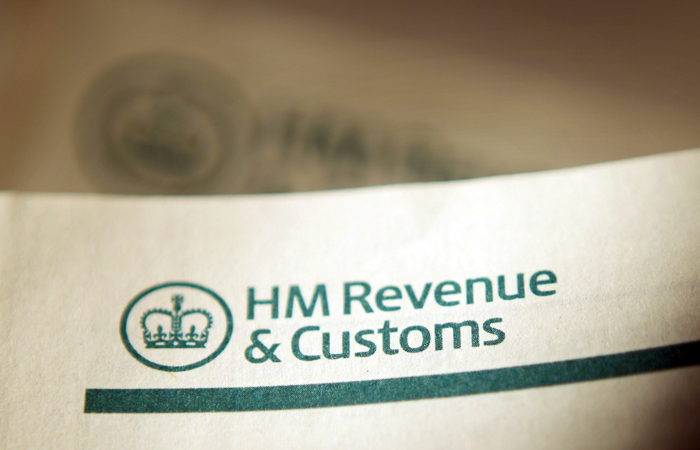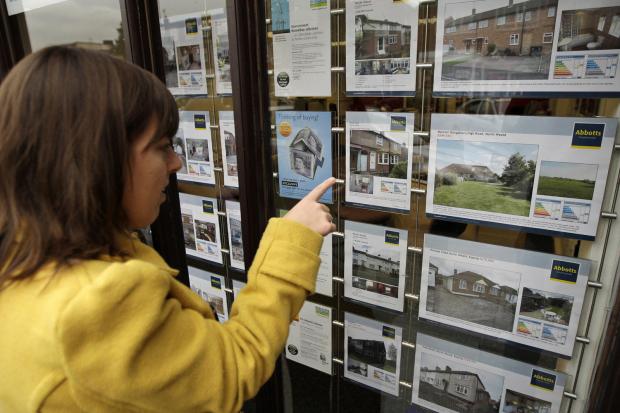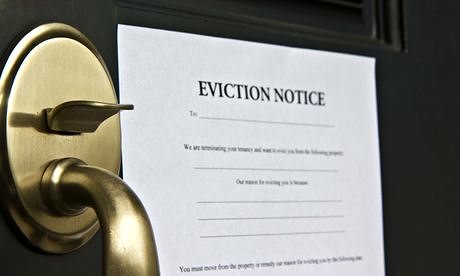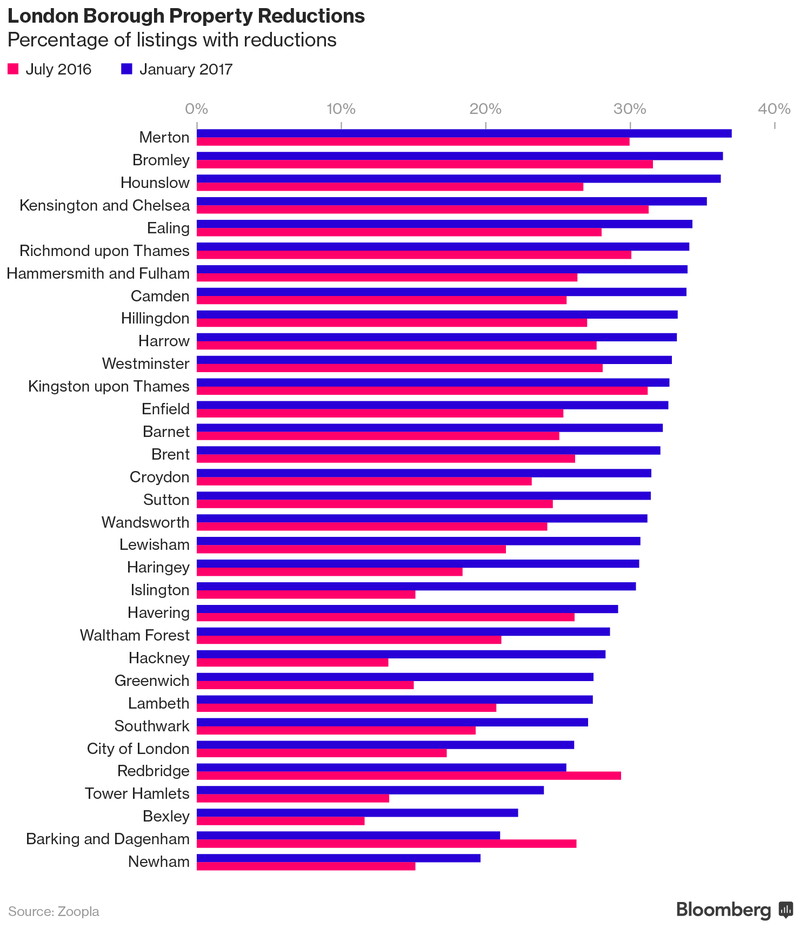
A crooked letting agent in Croydon with previous convictions for swindling tenants has been jailed for 19 months and banned from being a company director for five years.
Thirugnanaselvam Damayantharan, 53, scammed victims out of sums ranging from £300 to £1,449, in frauds relating to 33 tenancies. It is believed that the total amount stolen is around £15,000.
In a prosecution brought by Croydon Council’s Trading Standards team, Damayantharan, also known as Mr Damo, originally denied two counts of fraudulently trading as two companies – See Own Properties and My Lawn Estates – over the past six years.
He later changed his plea to guilty after hearing evidence from around twenty of his victims who testified how he had taken holding deposits from tenants which he refused to return when he deliberately failed their reference checks.
Damayantharan then invented reasons for withholding the money before eventually breaking off contact. Common excuses included claims that the landlord had decided not to let to the tenant or that the money had been held up with a referencing agency.
In some cases Damayantharan even cheated multiple tenants out of their holding deposits for properties he advertised to let without permission.
Andrew Johnson, prosecuting, told the court that in some cases Damayantharan took deposits from several different prospective tenants for the same property – with none securing the property.
During sentencing at Croydon Crown Court, Judge Gower told Damayantharan: “Before you changed your pleas, the court heard evidence from more than a dozen prospective tenants. All painted a similar picture.
“You were quick and efficient at relieving them of their money, if necessary by driving them, there and then, to cash-point machines. Some have spoken of being made to feel rushed.
“Thereafter, they found it increasingly difficult to make contact with you, as the time for commencing the tenancy in their home grew ever nearer. A variety of different excuses were put forward by you as to why they were not able to move in.
“Only one prospective tenant managed to get back the whole deposit, but it took a considerable time and a great deal of persistence. The majority got nothing.
“The way you operated was thoroughly dishonest.”
Previous Convictions
Damayantharan’s case raises important questions about public protection from rogue landlords and letting agents. At trial, the jury was told that Damayantharan was convicted in February 2013 of three offences under the Consumer Protection from Unfair Trading Regulations Act. He had also pleaded guilty to two Companies Act offences at an earlier hearing in relation to the same case.
The jury was further informed that Damayantharan continued to operate the deposit scam even after fresh criminal proceedings began against him in August 2015.
Furthermore, despite the mandatory requirement since October 2014 that letting agencies belong to a redress scheme, one of Damayantharan’s companies, My Lawn Estates, continued to operate for two years following its expulsion from the Property Ombudsman in August 2015.
Damayantharan could also now be be placed on a blacklist of agents which is planned later this year. However, the list will not be publicly accessible which raises serious questions about the effectiveness of scheme to protect the public.
Speaking following Damayantharan’s conviction, Councillor Hamida Ali, Croydon Council’s cabinet member for communities, safety and justice said: “This is a dreadful case of fraud, leaving dozens of his clients out of pocket and, in some cases, facing the possibility of homelessness.”
The Renters Alliance helps renters with bad landlords and letting agents. If you have a story you would like to share, please contact the National Renters Alliance through our website or email us at contact@nralliance.co.uk








